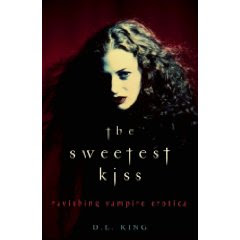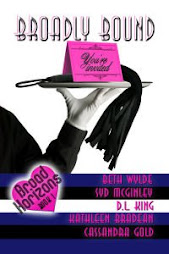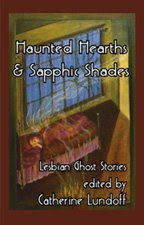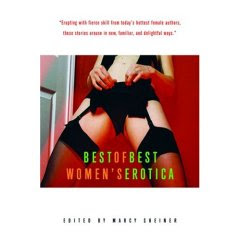At Saints and Sinners one year, Poppy Z Brite made the comment that you don't learn how to write a novel, you learn how to write this novel (meaning the one you're working on). At the time I understood what she meant, but every novel I write, her words come back to me and I'm amazed again at how true that statement is.
Every novel is different - and I don't mean the story. I'm talking about habits. It used to be that my first draft was finding the story. That meant that I wrote a lot that I couldn't use. While terribly inefficient, it was okay, because all writing is practice. On the second draft, I'd have to get rid of abandoned secondary plots, (My rule now - if it doesn't loop back to the main plot, don't bother to write it in the first place.) dead ends, character inconsistencies, scenes that didn't advance the plot, etc. Third draft was where the polishing began. Now I either have a lot more discipline, or I'm learning my craft, because when I sit down to write, I have a better idea of the story. I know the beginning. I know the end. The path I take between those two points is still negotiable, but I have a direction in mind and I try to stick to it. If I create a scene that's very cool, but redundant, or doesn't help the story move, I delete it right away. Maybe I'm just getting better at recognizing those.
I used to work on whatever scene grabbed my attention instead of working from page one to the end. Jumping around is called a non-linear style. It works very well for some people. I've learned that it doesn't work for me. If I jump ahead, I nearly always end up completely rewriting a scene. Trying to save what I already have is actually more work than starting from scratch. So now I work in a linear fashion.
Part of the linear versus non-linear debate is the idea that if you write non-linear, you can skip the dull parts of the story and move on to the part that's fun to write. Here's my crazy idea - skip the dull parts, but then never go back and write them. If it's dull for the writer, it's going to bore the reader. So unless you can make those transition scenes or slow parts interesting, find a way to avoid them completely.
Yet another thing that's changed is my sense of how much story I can tell. My plots are getting less intricate because I realize that I can't manage a huge cast of characters and secondary plots, etc. in the space that I have. Strangely enough, the more I strip away, the less I seem to lose. Everything that remains is distilled and intensified. That works for the types of stories I write.
I'm coming into the home stretch with this sequel to Chaos Magic. It's flowing well. I don't have a lot of excess to cut on the rewrite. I've headed off the path a few times, but recognized it fairly soon and was able to get back where I needed to be. The story is leading to the ending I wanted. In all, an amazingly efficient and good experience. All of which makes me wonder - what will I learn about writing a novel when I go to write the next one?
Tuesday, September 25, 2007
Subscribe to:
Post Comments (Atom)















.jpg)











No comments:
Post a Comment